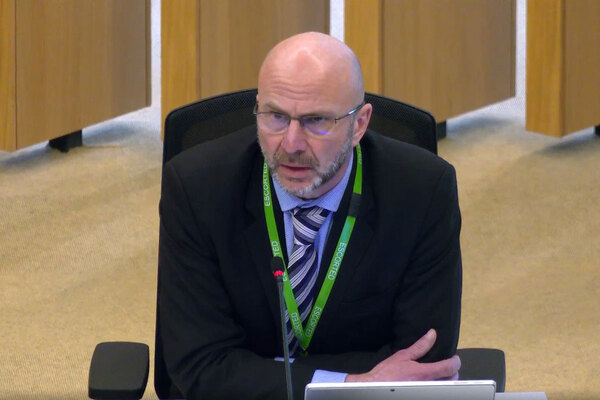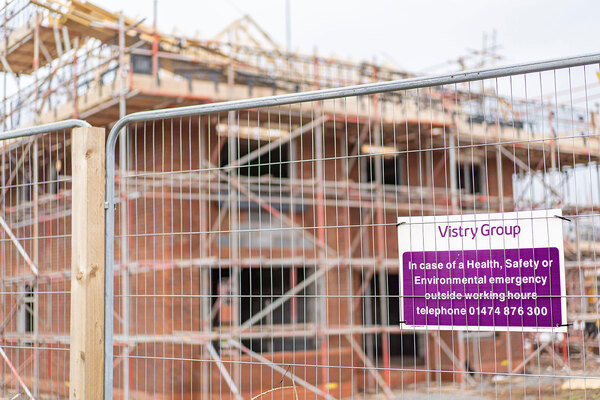You are viewing 1 of your 1 free articles
More than 50,000 households threatened with homelessness due to no-fault evictions since government promised ban
Almost 53,000 households have been threatened with homelessness due to a no-fault Section 21 eviction notice since the government announced plans to ban them in April 2019, research by Inside Housing has found.
According to the latest government figures, 52,800 households were threatened with homelessness due to a Section 21 notice between April 2019 and June 2022.
As part of sweeping reforms planned for the private rented sector, the government has planned to ban Section 21 evictions, also known as no-fault evictions.
Former prime minister Theresa May first proposed the ban in April 2019 in a bid to increase security for tenants and protect them from “unethical behaviour”.
Under current Section 21 eviction laws, landlords are able to give tenants as little as eight weeks’ notice to leave a property after a fixed-term contract has come to an end.
Under the new proposals, ministers plan to do this by moving tenants with an assured tenancy or assured shorthold tenancy to a “single system of periodic tenancies”.
Tenants will be required to give two months’ notice before leaving a tenancy and landlords will only be able to evict a tenant in “reasonable circumstances”, which will be defined in law.
In November, it emerged that the number of tenants facing homelessness after being served with Section 21 notices soared by 76% in a year.
The government data showed that 5,940 households in England were issued with a Section 21 eviction notice between April and June 2022 compared with the same period in 2021 when 3,380 notices were issued.
The surge partially reflected the lifting of the eviction ban in May 2021, which was put in place to protect tenants during the coronavirus pandemic.
Commenting on the figures, Darren Rodwell, housing spokesperson for the Local Government Association (LGA), said: “With the number of Section 21 evictions increasing, as well as the cost of living continuing to rise and more Ukrainian arrivals presenting as homeless, councils are increasingly concerned of a national homelessness crisis.
“These pressures, combined with depleting social housing stock and an unaffordable private rented sector, feels like a perfect storm for services trying to prevent homelessness.”
He urged the government to bring forward the ban and to look at developing a cross-departmental homelessness prevention strategy that “addresses the drivers and levers of homelessness within central government policy”.
Mr Rodwell added: “We are calling on government to review Local Housing Allowance rates, prioritise a significant increase in social housing and use the upcoming renter’s reform to create a private rented sector that can provide high-quality and long-term housing options.”
A Department for Levelling Up, Housing and Communities spokesperson said: “Ensuring a fair deal for renters remains a priority for the government, and that’s why we will deliver on our commitment to abolish Section 21 no-fault evictions.
“We are giving councils £316m this year to prevent homelessness and help ensure families are not left without a roof over their heads.”
Sign up for our homelessness bulletin
Already have an account? Click here to manage your newsletters












